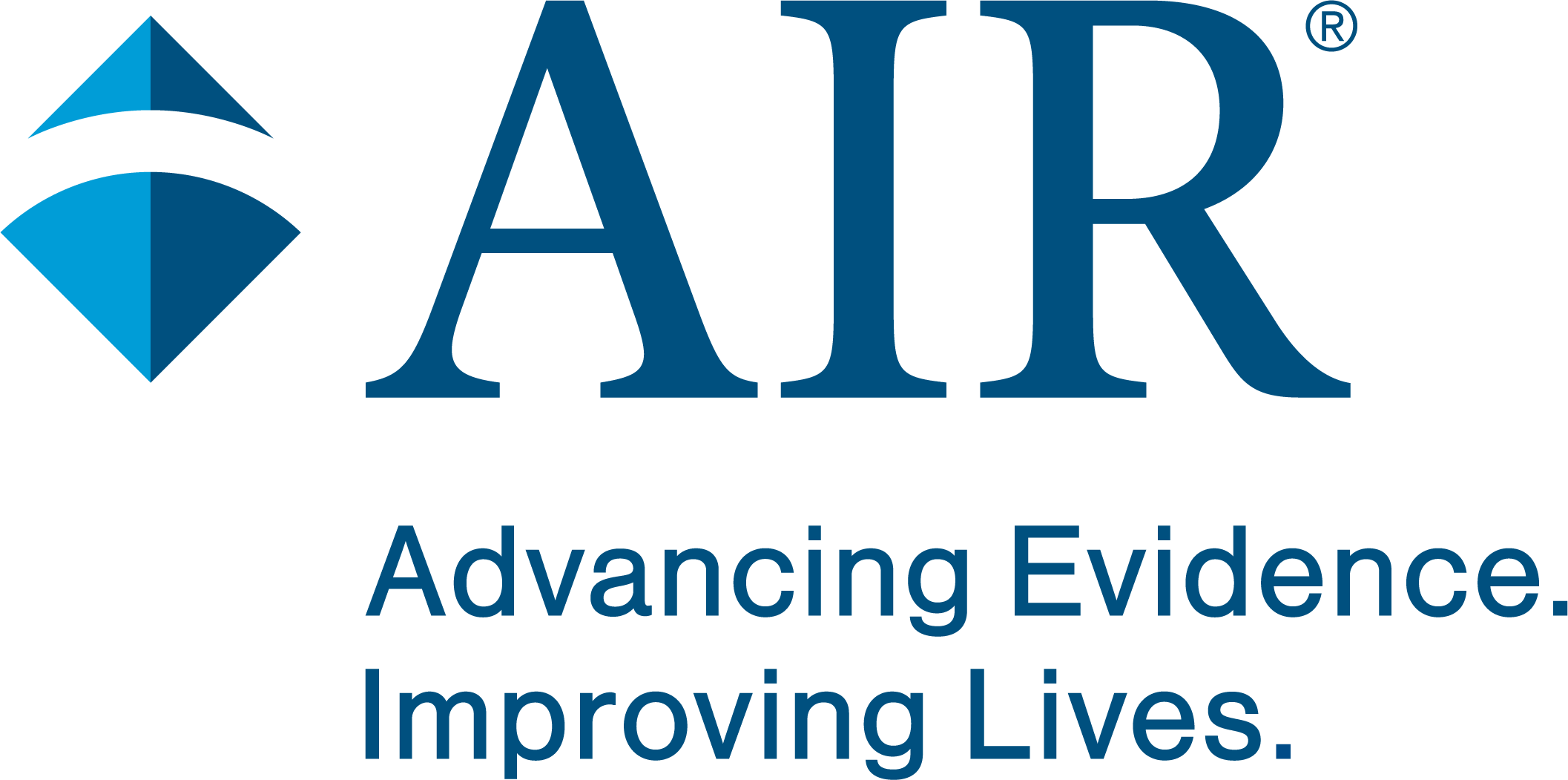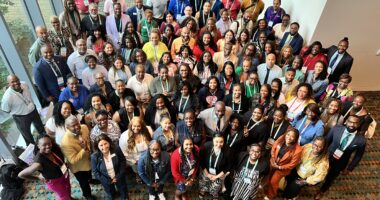NAESP Releases Policy Recommendations to Address New Demands on Schools
The third brief in the Leaders We Need Now research series identifies five themes that affect the future of the principal profession—and why policymakers need to prioritize them now.

February 28, 2022, Alexandria, Virginia—The National Association of Elementary School Principals (NAESP) and NAESP Foundation today released the third brief in the Leaders We Need Now (LWNN) research series titled Principals’ Perspectives on Policy: What Education Leaders Seek Through Policy. The research found that principals want policymakers to meaningfully engage them prior to making policies that affect their schools and the profession and to use their communications platforms to support public schools and educators.
“Principals are clear about what their schools need now from policymakers after overcoming new and growing challenges to sustain learning during crises of 2020-2021,” says NAESP Executive Director L. Earl Franks, Ed.D., CAE. “This new Leaders We Need Now research shows an immediate need to address high educator turnover, the mental health of students and staff, and the lack of professional learning opportunities that target the new demands on the profession and changing needs of their school communities. Leaving these issues unaddressed—or even under-addressed—will have a negative ripple effect on education, the principal profession, and student outcomes.”
As a part of NAESP’s National Leaders Conference, from Feb. 27-March 2, hundreds of principals from across the country will take these messages to Capitol Hill as they seek to meaningfully engage policymakers in setting priorities for their schools and the principal profession moving forward.
Leaders We Need Now
In Principals’ Perspectives on Policy, researchers identified five policy priorities based on the data and feedback from principals in the focus groups:
- Improve Principal Pipelines and Workforce Incentives: Principals voiced their concerns about sustaining the principal pipeline and succession planning, and the need for policymakers to improve financial incentives to help recruit and retain the best educators.
- Rethink Testing and Accountability: Principals want policymakers to consider a broader range of factors for school performance, beyond testing, and minimize testing requirements, noting that they believe standardized tests are overemphasized.
- Consult Administrators on Principal and Teacher Preparation and Professional Development: Noting a disconnect between their academic coursework and their actual practices, principals emphasized the need for on-the-job coaching and professional development for principals and that they should be consulted when determining topics for professional development. Principals identified a particular need to better understand how to leverage student teachers and support new teachers in the first few years after their preparation.
- Honor, Recognize, and Listen to Principals: Principals want policymakers to better recognize them for the hard work through increased efforts like school visits to understand what school leaders go through on a daily basis before they make policy decisions and enact new legislation.
- Boost Funding and Resources: Though grateful for recent increases in federal funding, principals report feeling anxious because the manner in which the funding was released doesn’t support long-term reform to address many challenges, including recruiting and retaining school-based mental health professionals.
The Leaders We Need Now study, funded by The Joyce Foundation and conducted by the American Institutes for Research, consisted of 36 focus groups that met between April and June 2021. The groups were a geographically representative sample of NAESP membership, including 188 principals from 43 states.
To download the third brief in the series, Principals’ Perspectives on Policy, visit www.naesp.org/LWNN. You can also access the Leaders We Need Now executive summary; the first brief in the series, Leaders in the Tumult; and the second brief in the series, Evolution of the Principalship.
About NAESP
Establish![]() ed in 1921, the National Association of Elementary School Principals (NAESP) leads in the advocacy and support for elementary and middle-level principals in the United States and internationally. NAESP supports principals as the primary catalysts for creating lasting foundations for learning through policy and professional learning, advocacy, programs, and resources for effective instructional leadership.
ed in 1921, the National Association of Elementary School Principals (NAESP) leads in the advocacy and support for elementary and middle-level principals in the United States and internationally. NAESP supports principals as the primary catalysts for creating lasting foundations for learning through policy and professional learning, advocacy, programs, and resources for effective instructional leadership.

The NAESP Foundation, founded in 1982, is the tax-exempt, charitable arm of the National Association of Elementary School Principals and advances excellence, innovation, and equity in schools by endowing leadership and learning for principals for the benefit of all children. The NAESP Foundation takes an innovative approach to funding and partnerships, working cooperatively with businesses, universities, government agencies, and foundations to ensure that principals have the tools, resources and recognition they need to succeed. For more information about NAESP and the NAESP Foundation, please visit www.naesp.org.
About the American Institutes for Research (AIR)
 Established in 1946, the American Institutes for Research (AIR) is a nonpartisan, not-for-profit organization that conducts behavioral and social science research and delivers technical assistance both domestically and internationally in the areas of education, health and the workforce. AIR’s work is driven by its mission to generate and use rigorous evidence that contributes to a better, more equitable world. With headquarters in Arlington, Virginia, AIR has offices across the U.S. and abroad. For more information, visit www.air.org.
Established in 1946, the American Institutes for Research (AIR) is a nonpartisan, not-for-profit organization that conducts behavioral and social science research and delivers technical assistance both domestically and internationally in the areas of education, health and the workforce. AIR’s work is driven by its mission to generate and use rigorous evidence that contributes to a better, more equitable world. With headquarters in Arlington, Virginia, AIR has offices across the U.S. and abroad. For more information, visit www.air.org.
About The Joyce Foundation
 The Joyce Foundation is a nonpartisan private philanthropy that invests in public policies and strategies to advance racial equity and economic mobility for the next generation in the Great Lakes region. Joyce supports policy research, development, and advocacy in the six program areas: Culture, Democracy, Education and Economic Mobility, Environment, Gun Violence Prevention and Justice Reform, and Journalism. For more information about the Joyce Foundation, please visit www.joycefdn.org.
The Joyce Foundation is a nonpartisan private philanthropy that invests in public policies and strategies to advance racial equity and economic mobility for the next generation in the Great Lakes region. Joyce supports policy research, development, and advocacy in the six program areas: Culture, Democracy, Education and Economic Mobility, Environment, Gun Violence Prevention and Justice Reform, and Journalism. For more information about the Joyce Foundation, please visit www.joycefdn.org.




